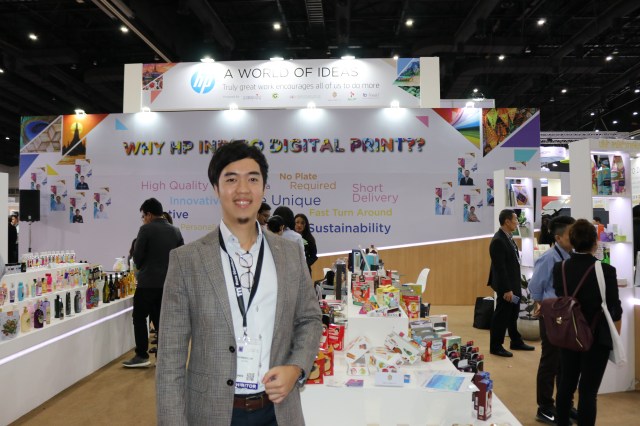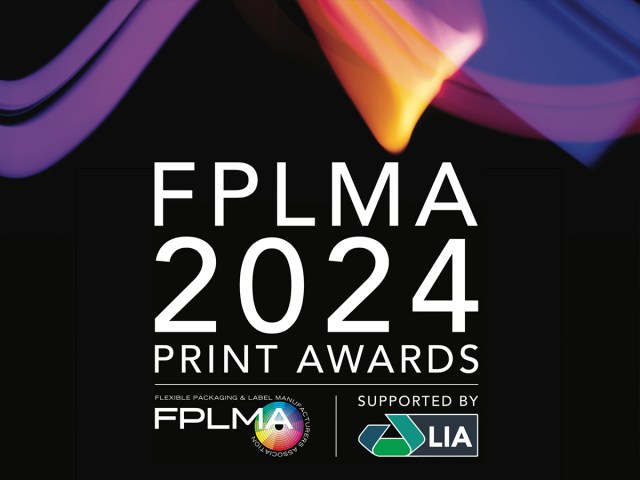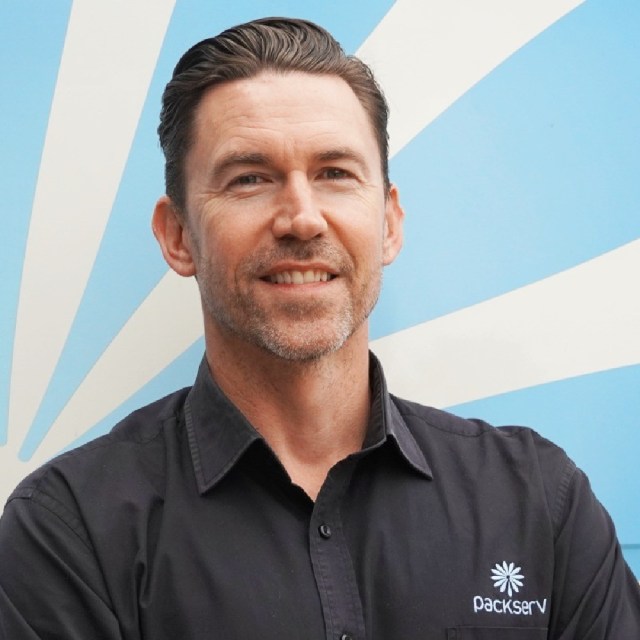
NAPCO Research vice-president Nathan Safran took a deep dive into future industry trends at the recent ProPack Packaging Forum in Sydney, claiming that by entering the packaging space, companies can make use of the lucrative opportunities it presents.
Over a video presentation, he said the barriers are breaking down between print segments.
“From our state of the industry panel research, we found that 68 per cent, or close to 600 panel members, now tell us that they have diversified beyond their primary segment. There is a wide range of implications about what that means and where opportunities lie,” he said.
“Some of the things driving convergence include maintaining profitability, ‘stickiness’ for clients, and an added investment into R&D which is lowering barriers to entry.”
NAPCO Research identified the segments within the packaging space that package printers are looking at expanding into, with 40 per cent of package respondents saying that they’re looking at expanding into labels and 70 per cent of respondents saying they have invested in new equipment in the past five years to expand into new applications.
“Packaging printers that are concerned about that – you have your customer base, and you can grow your customer base. It’s certainly important to be aware of competition and others that are looking to get into the space, but I wouldn’t panic too much. I would focus on growing your own business and looking at whether expansion is right for you,” he said.
“Convergence is happening because diversification is a must in order to stay relevant.”
Safran said for those who are unable to expand their business into other segments, partnering with trade printers and outsourcing work to them is an option to consider.
Safran also explored key trends that are driving change in packaging, the top two being sustainability and the demand for customisation.
“Sustainability is arguably the number one priority within the packaging segment. A third of brand owners place sustainability in their top five challenges,” he said.
“Those that are looking to enter or already in the market should be aware of sustainability implications for applications. There’s so much to talk about when we look at the importance of sustainability, but many give it lip service.
“It represents an opportunity for you, as you’re having those conversations with your clients, to havea conversation about sustainability, how your products, offerings, capabilities, and technology supports their sustainability initiatives.
“As for the demand for customisation, when you personalise corrugated with your digital press, you show off your printing capabilities. There are some amazing things that can be done with packaging and it is a marketing opportunity.”
Safran also echoed the sentiments of many other speakers at the event, mentioning that AI is poised to be the next big industry disruptor.
“AI is analysing data and coming to conclusions – that is what is so significant about it. Our research has identified that print providers are showing increased interest in adopting AI, starting in content and business support related areas as well as in sales automation,” he said.
“Printers are telling us that they are looking to utilise AI for operations – to become more efficient and reduce costs, whether it’s in predictive maintenance, quality control, supply chain, or logistics. They’re also looking at using it around hiring, in performance evaluation, and customer service.
“There are tonnes of opportunities as things continue to develop. AI should be very exciting to us all, a little bit daunting for sure, but exciting as far as being able to utilise AI to make our businesses more efficient.”
Here are some of Safran’s recommendations to adopting AI:
- Assign responsibility: Have someone in the company that can drive it and facilitate conversations within the organisation, evaluate vendors and strategise what the business should be doing
- Identify priorities: Start small and use AI in areas of the company that you don’t necessarily have great expertise in
- Continuous learning: You have to learn on your own and understand what AI can do for you
- Don’t forget the human touch: We don’t want to hand over to AI a critical function without human intervention
- Focus on security: Ensure that when you’re implementing AI tools, that you’re thinking about security as well.
The inaugural ProPack Packaging Forum would not be possible without the support from its sponsors:
Platinum Sponsor – Durst Oceania
Gold Sponsor – Cyber
Gold Sponsor – Miraclon
Bronze Sponsor – Hybrid Software
Bronze Sponsor – Kissel & Wolf
Bronze Sponsor – Koenig & Bauer


